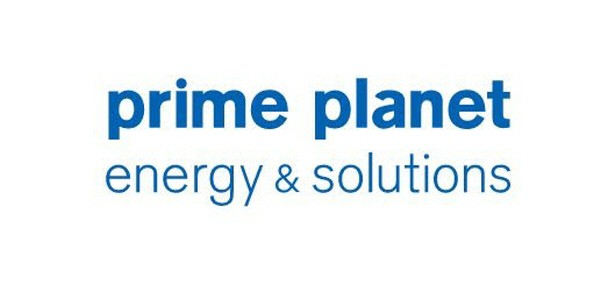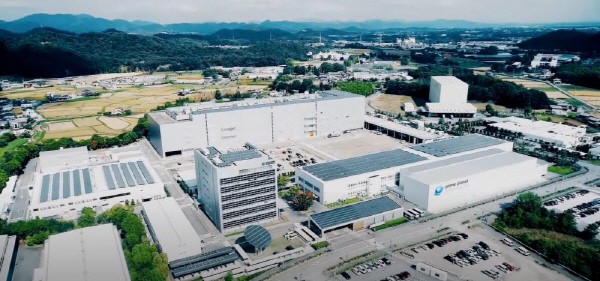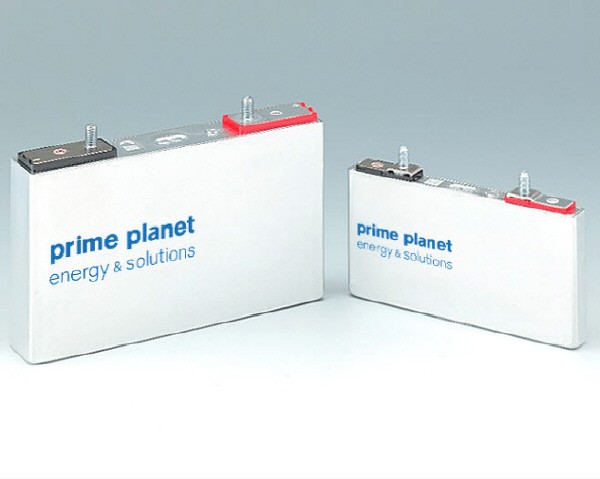
A joint venture between Panasonic and Toyota in Japan has announced that it will cut battery manufacturing prices in half by 2022.
According to foreign media on the 19th, ‘Prime Planet Energy & Solutions (PPES)’, a joint venture between the two companies, announced that it would reduce the manufacturing cost of electric vehicle batteries by 50%.
The manufacturing cost based on electric vehicle battery packs is estimated to be around $100 per watt-hour (Wh). PPES plans to lower the pack price to around $50 per Wh.
After the establishment of the joint venture in April last year, the two companies decided to use the company name PPES and to produce electric vehicle batteries and hybrid (HEV) batteries as early as this year. The joint venture is also developing next-generation all-solid-state batteries.
PPES manufactures prismatic type lithium-ion batteries. It is characteristic for lowering the manufacturing cost by reducing cobalt usage, and the type of battery is known as nickel-cobalt-aluminum (NCA) batteries. According to the industry, there is also the possibility of producing all-solid-state batteries in the form of pouches.
Last year, Panasonic and Toyota agreed to build four local factories in Japan, namely Tokushima, Himeji, Sumoto, and Higashiura, to produce batteries in the form of a joint venture. The two companies' interests were aligned, as Toyota will have a stable supply of batteries and Panasonic will secure Toyota, Japan's largest automaker, as a customer. Toyota and Panasonic own 51% and 49% stakes respectively of the joint venture. In the long term, the company plans to secure HEV battery production capacity in Dalian, China.

The reason PPES is trying to lower the unit price of electric vehicle batteries is because Chinese battery industries such as CATL have price competitiveness in the electric vehicle market with LFP at the forefront. The battery manufacturing cost is related to the battery material cost, and PPES is expected to lower the manufacturing price by lowering the cobalt content.
Chinese battery manufacturers' price competitiveness is also a burden on the domestic battery industry. LG Energy Solution, Samsung SDI, and SK Innovation are targeting the global electric vehicle market by securing core battery materials such as nickel, cobalt, and manganese. In addition, the company plans to lower the cobalt content to 3% or less by 2023 and to progressively lower the unit price of electric vehicle batteries to eventually not use cobalt.
An official from the battery industry said, "Although the electric vehicle market is expanding, it may be a challenge to gain competitiveness if the cost of the battery, which is a key component, is not lowered below a certain price."

By Staff Reporter Jiwoong Kim (jw0316@etnews.com)